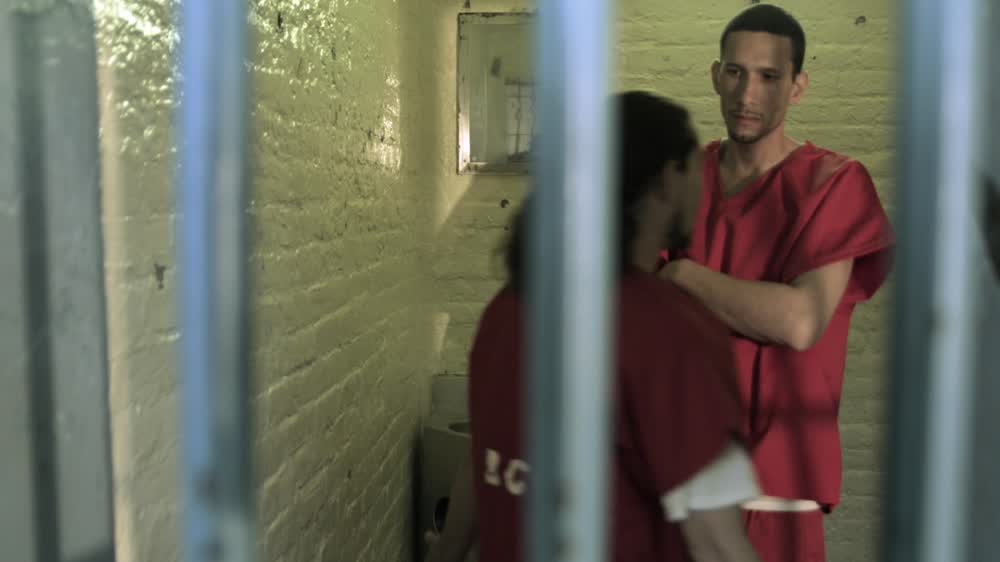"Time blurs the line between documentary and fiction, questioning the system of filmmaking itself, while also addressing the root of another system entirely: The American Correctional System. Through a collection of conversational portraits filmmaker Theodore Collatos presents a group of male inmates as intelligent, empathetic figures, trying to understand their choices in life, while attempting to debunk their own stereotypes." - Ben Umstead (Editor Twitchfilm.com) Available on: Fandor Filmmaker Magazine Short of the Week Twitchfilm MUBI - The Notebook Film Shortage Northside Film Festival Nitehawk Shorts Festival Cinema Club --------- Katie Metcalfe - (Short of the Week, Sundance Film Festival) "The fishbowl atmosphere of prisons have always provided an interesting filmic environment, and their tendency to be a hotbed for drama, violence and transcendence have captivated the cinematic imagination for decades. In this short documentary, Director Theodore Collatos strips everything back to the natural theme of the prison experience – quite simply, the concept of ‘doing time’. In cinema-verité style, we’re invited to eavesdrop into conversations taking place across three cells. Collatos’s technique of allowing us to hear the subjects’ voices (before seeing them onscreen) builds a sense of immersion, placing us as an invisible voyeur within the prison. The static positioning of the camera draws attention to facial nuances, movements, pacing and gestures that significantly enhance the dialogue. Time is actually a scene that didn’t make it into Collatos’s feature film Dipso, about a man who gets released from prison then attempts to reunite with his family and follow his dream of being a stand-up comedian. Collatos was compelled to cut the material into a short film, mainly because “I think the prison system is in major crisis and it troubles me how this country has made a prison-for-profit model out of our citizens. My hope was to explore the humanity of the prisoners rather than an exploitative, ‘Cops’ styled representation of people”. His approach is to construct stories in a documentary fashion, whereby the story is found in the editing in order to keep the film fresh and most of the conversations are improvised by the subjects. “The two Caucasian inmates had a more specific direction in mind as I wanted to explore the fact that the prison system houses many people who really should be in a mental health care facility and not in prison. The other pairings of inmates, I wanted to hear where their thoughts would go first before making a specific direction. I used an observational style because I wanted a freedom to occur with the non-actors and I think if you’re filming real close and in peoples faces, its more likely that you’ll affect their performance. I try and create an environment where people can speak freely and express themselves in any way they feel fit”. shortoftheweek.com/2015/07/21/time/ _______ Craig Keller (MUBI The Notebook) "Teddy is a mensch who spends more time worrying about that truth he can cull or divine before his camera and mic." mubi.com/notebook/posts/notebook-s-8th-writers-poll-fantasy-double-features-of-2015#keller







